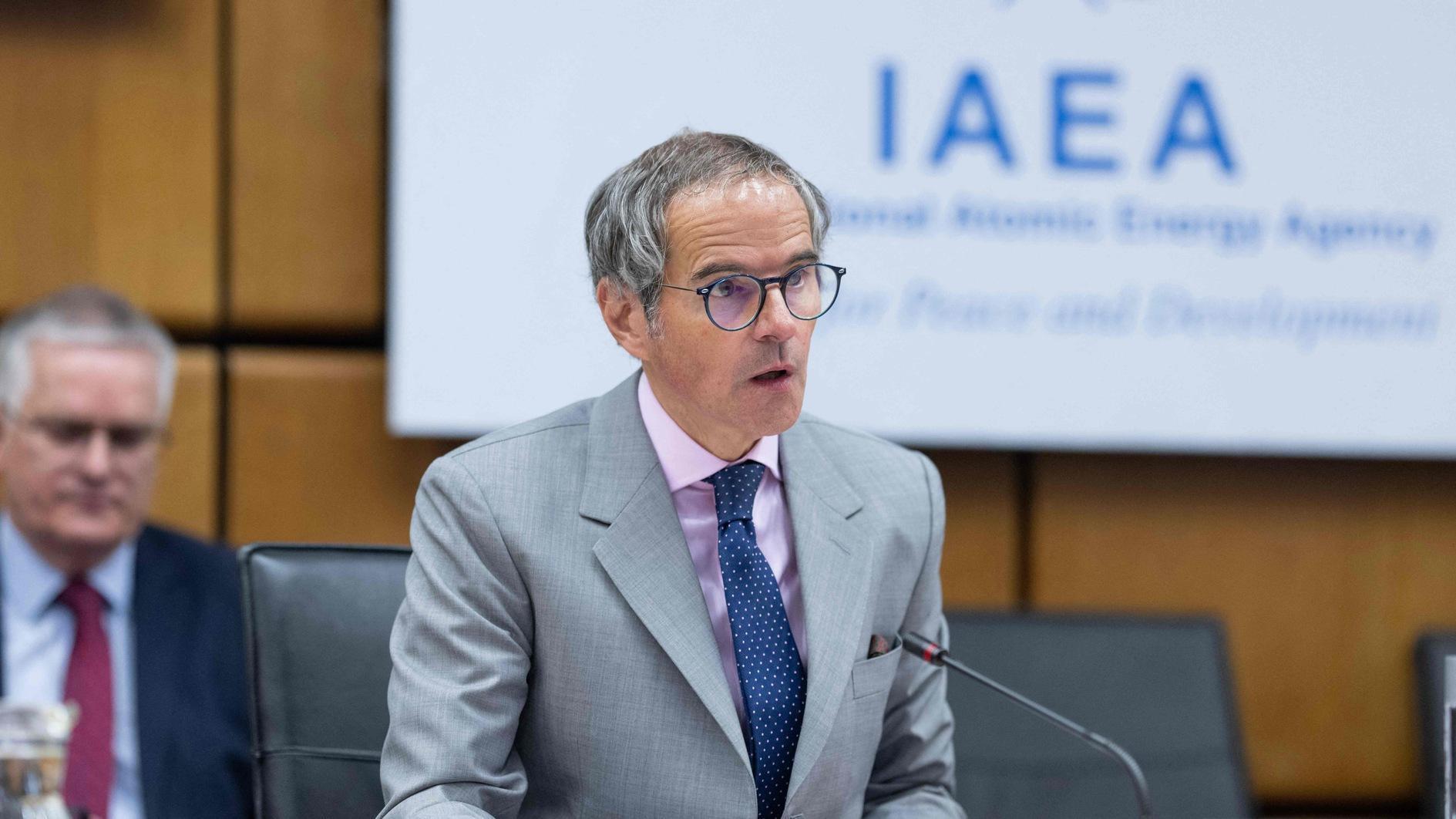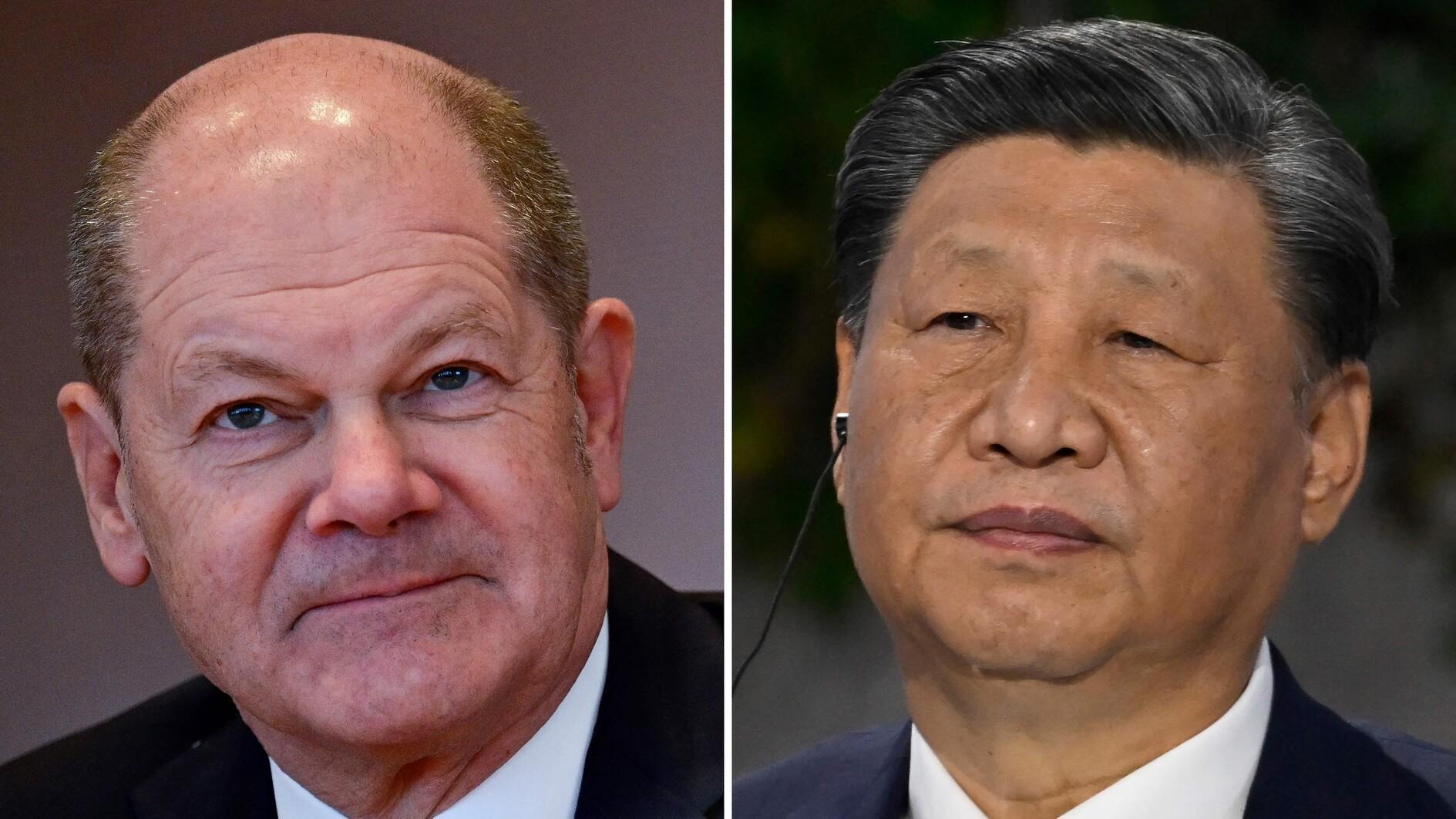No foreign powers should have say in Syria peace talks: Damascus
GENEVA

AP photo
No foreign power should be permitted to interfere in the ongoing Syrian peace talks in Geneva, the lead government negotiator said, denying that high-level US-Russian meetings in Moscow will impact the process.“When we say that the dialogue must be between Syrians, without outside intervention, this also applies to the Russians and Americans,” Bashar al-Jaafari told AFP in an interview March 23.
This came as a response to U.N. special envoy on Syria Staffan de Mistura, who had said one day prior that he hoped a meeting between the U.S. and Russian foreign ministers on March 24 would give impetus to peace talks where the divisive issue of a political transition is stalling progress.
“We are looking with great interest, expectation, hope that the talks in Moscow will be productive,” de Mistura said after meeting the opposition High Negotiations Committee (HNC) in Geneva on March 22.
Jaafari and de Mistura’s comments came as U.S. Secretary of State John Kerry was heading to Moscow for talks with Russian President Vladimir Putin and Foreign Minister Sergei Lavrov, hoping to build momentum for the Syrian peace drive.
Negotiations in Geneva, which will give a break on March 23, were rattled last week by Russia’s surprise decision to withdraw most of its troops from Syria, a move experts have said could help the peace drive by weakening Assad’s position.
But Jaafari, who serves as Syria’s ambassador to the U.N. in New York and as the lead government negotiator in the talks, said that believing that Moscow can pressure its historic ally in Damascus amounted to a “misreading” of the situation.
“If any pressure should be applied, we hope it will be applied by the United States on the armed groups sponsored by Qatar, Turkey and Saudi Arabia to help move the discussions forward,” he said.
Meanwhile, the Syrian government has given an U.N.-backed taskforce permission to deliver aid to more besieged areas, but two opposition strongholds and a city controlled by the Islamic State of Iraq and the Levant (ISIL) remain off limits, U.N. official Jan Egeland said March 23.
On the same day, Syrian government forces seized highland around Palmyra, positioning themselves to recapture the ancient town held by ISIL.
The army advanced from the west and south of Palmyra and was also closing in on the ISIL-held town of Qaryatain in central Syria, Homs governor Talal Barazi said.
“There is continuous progress by the army from all directions,” he said, adding that he expected “positive results” over the next few days.
















